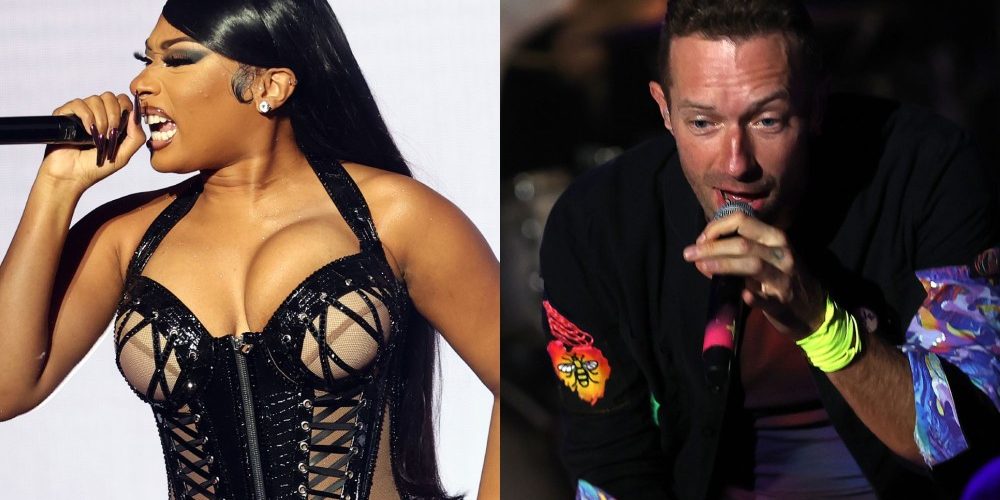Megan Thee Stallion, Coldplay and more sign petition to stop rap lyrics being used as evidence in US courts
Megan Thee Stallion, Coldplay, 50 Cent, Mary J. Blige and Future are among acts and industry firms urging the US legal system to restrict rap lyrics being used in trial evidence.
‘Art on Trial: Protect Black Art‘ is a new open letter that’s been signed by artists alongside three major record labels, Warner, Sony and Universal, and companies including Spotify, TikTok and YouTube Music, to lobby for the change.
Post Malone, Travis Scott, Alicia Keys, 2 Chainz, Christina Aguilera and John Legend have also signed the letter, which was written and published by Warner today (November 1) in The New York Times and the Atlanta Journal-Constitution. There is a petition on Change.org that reflects the demands of the letter.
In the letter the signatories urge prosecutors to end the “racially targeted” practice of using rap evidence in trials. They also seek legislators at the state and federal level to limit how such work can be used against defendants.
“In courtrooms across America, the trend of prosecutors using artists’ creative expression against them is happening with troubling frequency… Rappers are storytellers, creating entire worlds populated with complex characters who can play both hero and villain. But more than any other art form, rap lyrics are essentially being used as confessions in an attempt to criminalise Black creativity and artistry,” part of the letter reads.
We also encourage legislators at the state and federal level to explicitly limit how creative expression can be used against defendants on trial.
Read the full open letter: https://t.co/q3M6JjhSId#ProtectBlackArt (4/4)
— Warner Records (@warnerrecords) November 1, 2022
Allegations facing Jeffery Lamar Williams (aka Young Thug) and other members of his Young Stoner Life record label are referenced in the letter.
Earlier this year the rapper’s lyrics were mentioned in an indictment for suspicion of gang involvement and other offences because they were claimed to constitute “an overt act in furtherance of this conspiracy”. Lyrics by Young Thug’s label mate Gunna were also accused of the same offence.
Young Thug and Gunna have both pleaded not guilty and remain in prison ahead of their trials.

In August, the district attorney for Fulton County maintained that she will continue to use the lyrics of rappers such as Young Thug and Gunna as evidence during prosecution.
Elsewhere in the letter is the mention of “obvious disregard” for free speech and creative expression as protected by the first amendment in the US constitution.
The argument to restrict the use of rap lyrics as evidence in US courts was spearheaded in January by acts including Jay-Z, Kelly Rowland and Meek Mill.
Last November, a proposed change to legislation in New York state was first suggested by state senators Brad Hoylman and Jamaal Bailey. They wished to prevent prosecutors from using lyrics in such a manner except in cases of “clear and convincing proof” of a link between lyrics and a crime. The practice has since been limited in California.
Meanwhile, in January, the UK’s Crown Prosecution Service (CPS) announced that it was to review its guidance on the use of drill lyrics as evidence against defendants in criminal trials.
British drill rapper Digga D was landed with a criminal behaviour order in 2018. The move prevented him from using certain names, locations and themes in his lyrics.
